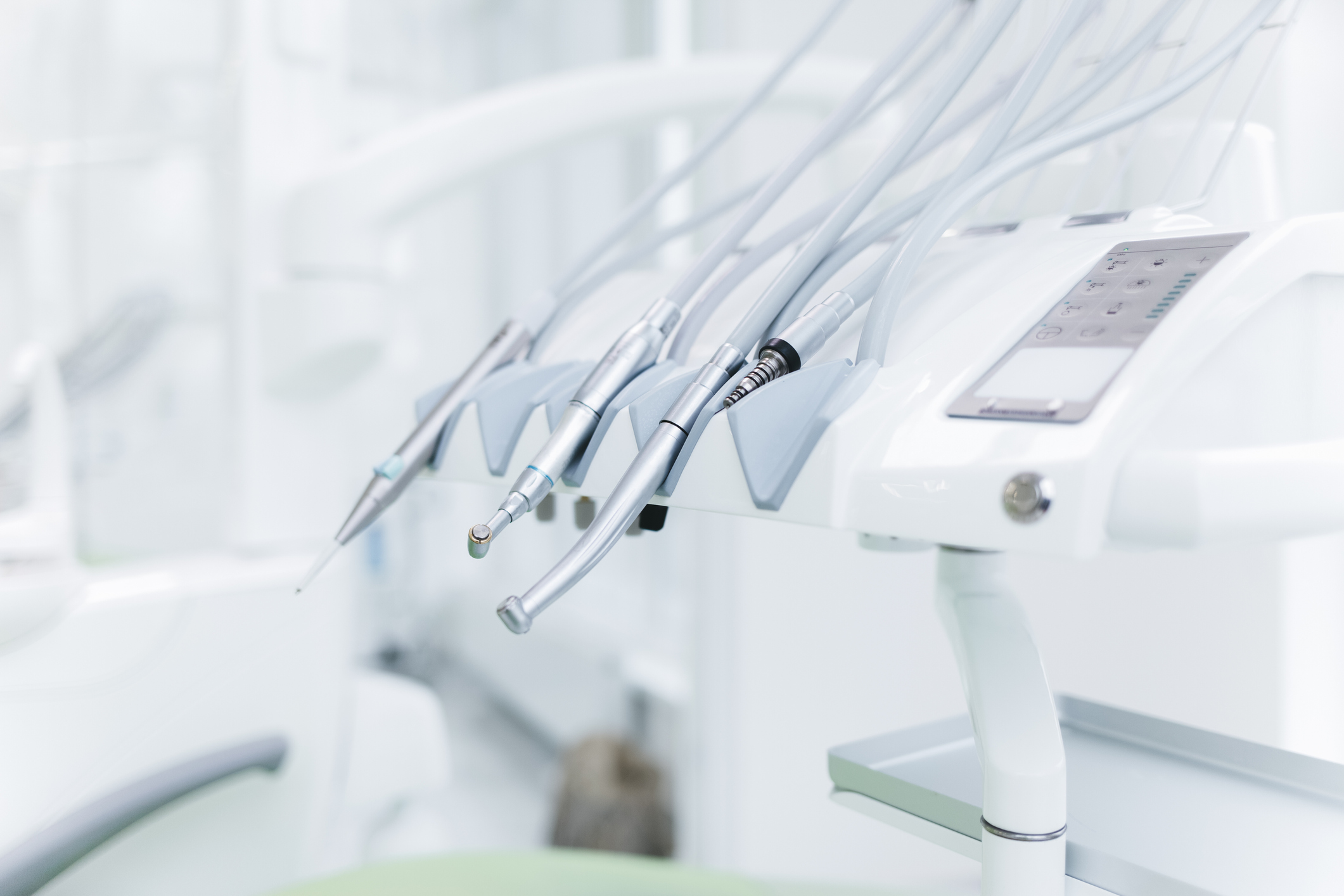The most common reason to visit your dentist is for your routine examination. These appointments are essential to your ongoing dental care as they give us the chance to fully assess your mouth, teeth and gums for any issues. Not every dental issue is noticeable, so it takes a dentist to spot any signs of decay or gum disease.
Why do you need to see a dentist?
Prevention is always better than cure so it’s important for us to take a look at your teeth and gums at least twice a year. We can spot potential problems before they get a chance to get worse. Some issues, like a cavity for example, can result in needing more costly treatment further down the line to treat properly if left. Your dentist can also spot if your brushing routine at home needs some improvement. You’ll receive plenty of guidance on how to clean properly and protect your smile from future issues.
What happens during a check-up?
During your appointment, we will examine and assess your teeth, gums and mouth, looking for signs of:
- Decay
- Infection
- Oral cancer
- A misaligned bite
We will ask if you’ve had any problems since your last visit so you can raise any concerns you might have. To help you keep your teeth in tip-top condition at home, we will advise the best cleaning techniques and share tips on diet, alcohol and tobacco consumption. If we find anything that requires treatment, we will devise a treatment plan that includes the best course of action and expected costs.

How often should you see your dentist?
You may not need to see us every six months and your dentist will let you know when you need to come back for your next check-up. If you have any problems between check-ups please phone us to arrange an earlier appointment.

Frequently Asked Question
In an ideal world, you should see your dentist for a routine examination appointment every six months, so they can keep a regular eye on your teeth and gums. However, some patients may be advised to leave longer or shorter intervals between appointments, depending on their individual case. Your dentist will advise you when to book your next examination at the end of your appointment.
Your dental examination shouldn’t hurt. You may feel some discomfort while your dentist is checking your teeth and gums, but this doesn’t last long. If you find you are feeling lots of pain, please let your dentist know.
If your dentist finds an issue that needs attention, they will formulate a treatment plan during your examination, letting you know the treatment you need, how long it will take and the expected costs. You will also get the chance to ask any questions. In most cases, you will be booked in to have the dental work carried out at another time.

